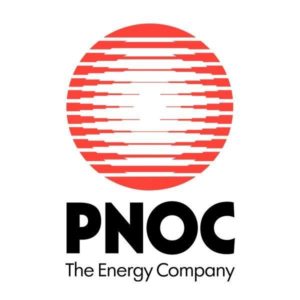
Del Monte logo
Multinational food group Del Monte Pacific Ltd. narrowed net loss in the quarter ending July by 91.6 percent year-on-year to $3.2 million as consumers turned to shelf-stable food products during this coronavirus (COVID-19) pandemic.
DMPL’s group sales went up by 10 percent to $413.1 million, driven by a double-digit rise in sales out of the US and the Philippines, which expanded by 14 percent and 22 percent, respectively.
May to July is the first quarter in DMPL’s fiscal year which ends in April. Given the seasonality of the business, the first quarter is historically the lowest quarter for the group.
Barring unforeseen circumstances, the group expects to return to profitability this fiscal year ending April 2021 on the back of a more efficient supply chain due to the restructuring accomplished in the last fiscal year, better sales mix and management of costs, DMPL disclosed to the Philippine Stock Exchange on Thursday.
American subsidiary Del Monte Foods Inc. (DMFI), which accounted for 65 percent of group revenues, delivered an 11 percent growth in sales amounting to $268.2 million.
“We are encouraged by the sustained sales momentum in the first quarter which is a testament to the strength of our brands and product portfolio, offering health and nutrition to consumers,” said Joselito D Campos Jr., DMPL’s managing director and chief executive officer.
“In the USA, we have successfully refinanced the loans of DMFI and infused equity to provide the company with a more solid foundation to improve its financial performance and capture market opportunities.”
Philippine subsidiary Del Monte Philippines Inc (DMPI) generated a first quarter net profit of $18.7 million. Rapid growth was seen across all categories, especially flagship Del Monte brands of Spaghetti Sauce, Quick ‘n Easy Meal Mixes and 100 percent Pineapple Juice. Growth was sustained even as the COVID-19 lockdown was eased in May.
In July, DMPI entered the dairy segment with the launch of a new fruit yoghurt milk drink, Mr. Milk, across retail channels nationwide.
Meanwhile, sales of the S&W branded business in Asia and the Middle East declined in the first quarter as higher sales of shelf-stable packaged products were offset by lower sales of fresh pineapples in China. Fresh pineapples sold through the foodservice channel were affected by the pandemic although the group reported some improvements at the end of the first quarter. The group expects its fresh food business to grow in the remainder of the year.
The group’s first quarter cash flow increased by 16 percent to $42.4 million. Since there were no one-off expenses in the first quarter, net loss was significantly reduced to $3.2 million from $38.3 million in the prior year.


